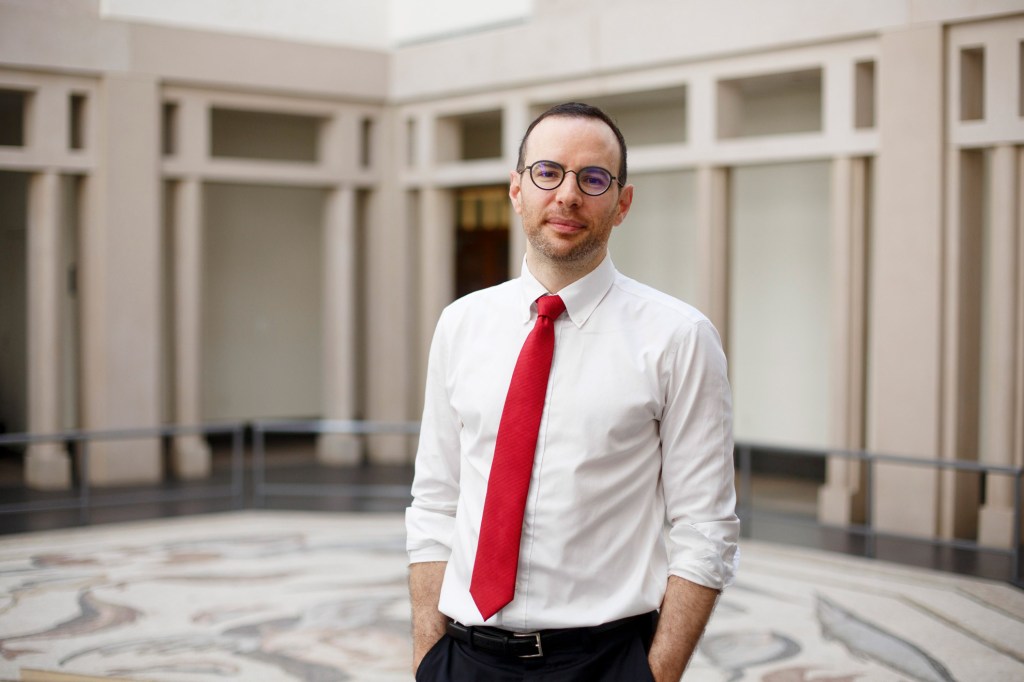Health
-

6 keys to a long, healthy life (ice cream included)
Also, why reading Ben Franklin beats climbing Mount Everest
-

Six cancers rising faster in younger adults than older ones
Large new global study fuels growing concern over trend of increases in several types

-

What’s next for GLP-1s?
Scientists eye new treatment targets for popular weight-loss drugs, from heart failure to addiction
-

Pricey blockbuster GLP-1s are costing users — and most of the rest of us, too
Health insurers are passing along cost for coverage in form of higher rates across the board, policy researcher says
-

Drinking 2-3 cups of coffee a day tied to lower dementia risk
Caffeinated tea also found to slow cognitive decline in study

-

New AI tool predicts brain age, dementia risk, cancer survival
Unlike other AI models, BrainIAC needs limited data to ID key neurological health indicators

-
Dr. Robot will see you now?
Medical robotics expert says coming autonomous devices will augment skills of clinicians (not replace them), extend reach of cutting-edge procedures
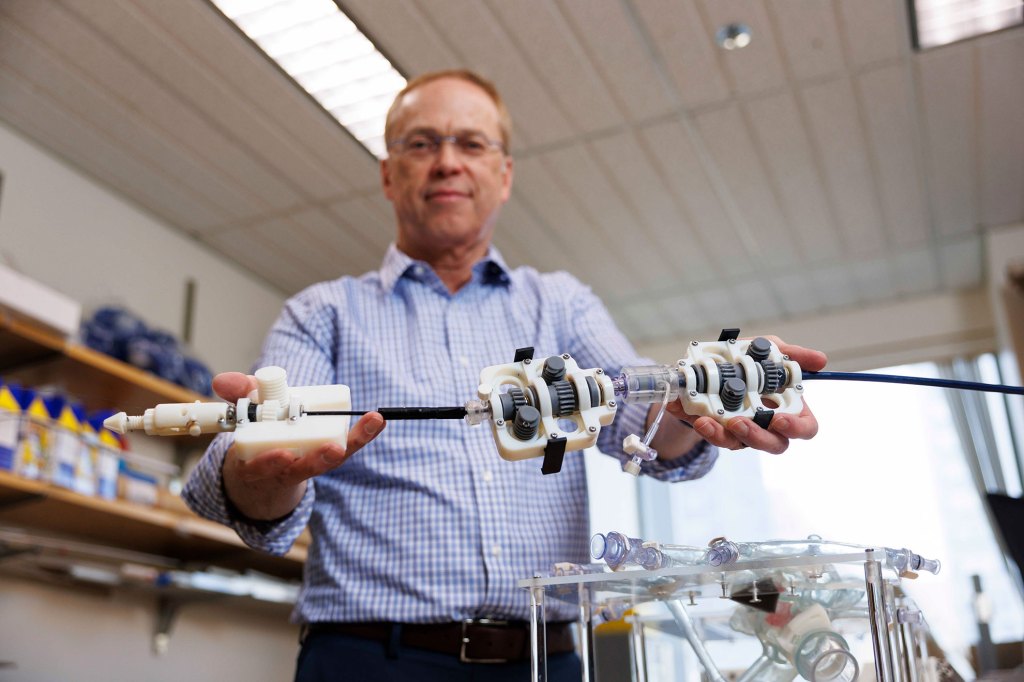
-
For some, the heart attack is just the beginning
Harvard clinic uses mindfulness techniques to treat medically induced PTSD

-
Brain implants that don’t leave scars
Harvard startup is developing a softer device to monitor head injuries
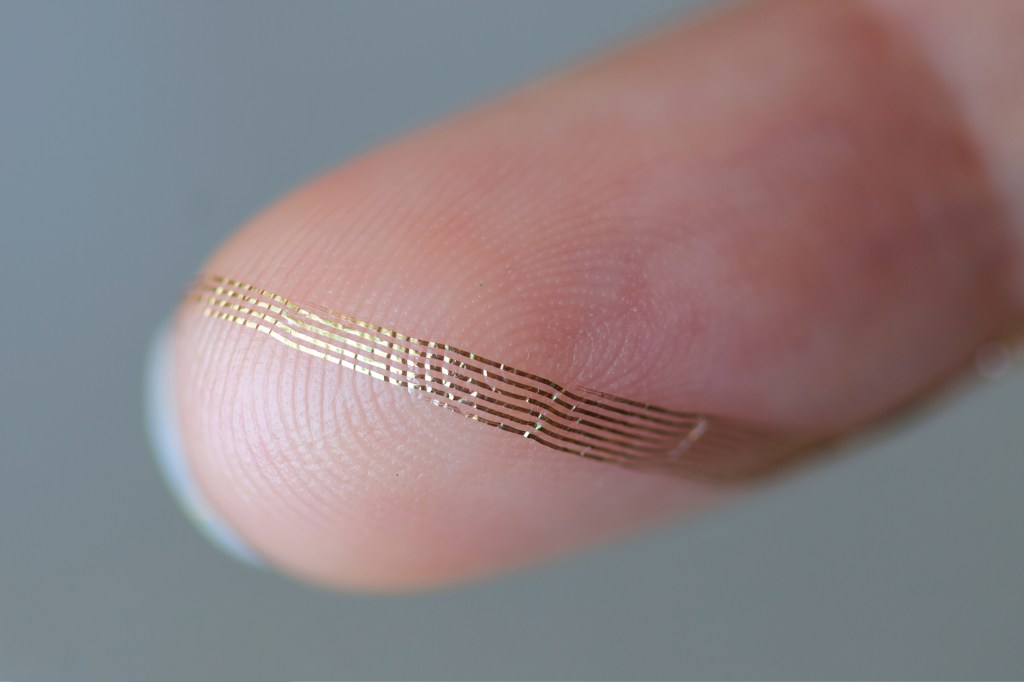
-
Keeping kids safe in extreme heat
Experts outline threats to childhood development, school challenges, play-time risks

-
‘Hopeful message’ on brain disease
Researcher Sanjula Singh has looked at stroke, dementia, late-life depression for years, finds lifestyle changes make big difference

-
A setback to research that offered hope for fibrous dysplasia patients
Promising HSDM research into the rare and debilitating disease was halted due to withdrawal of federal funding. The research had implications for treating a range of skeletal conditions and broader medical applications.
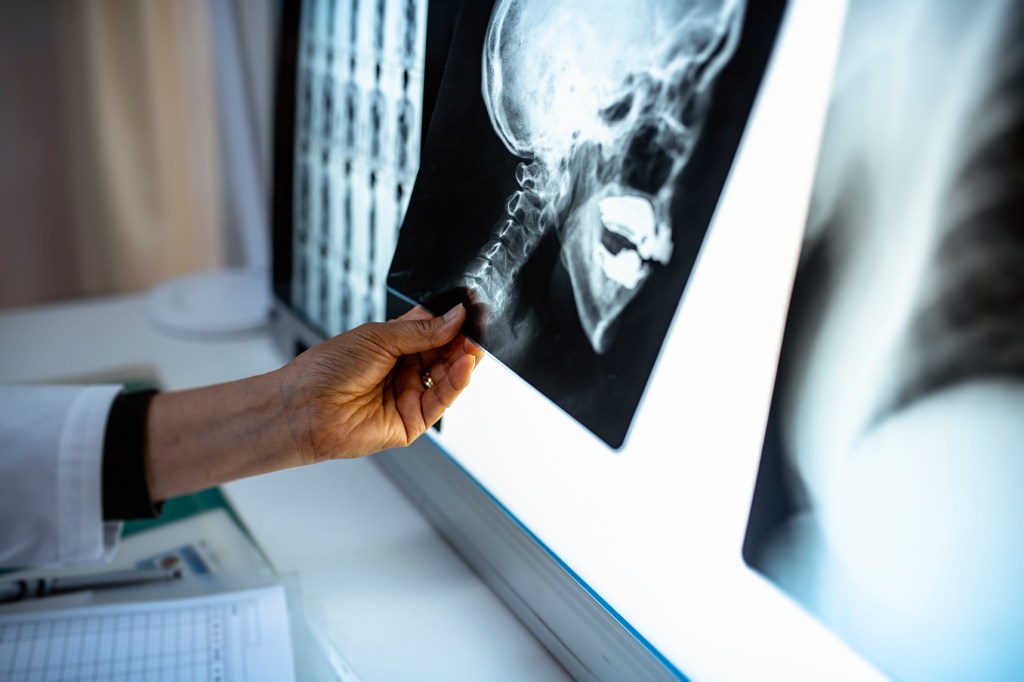
-
Could lithium explain — and treat — Alzheimer’s?
Study offers new theory of disease and strategy for fighting it
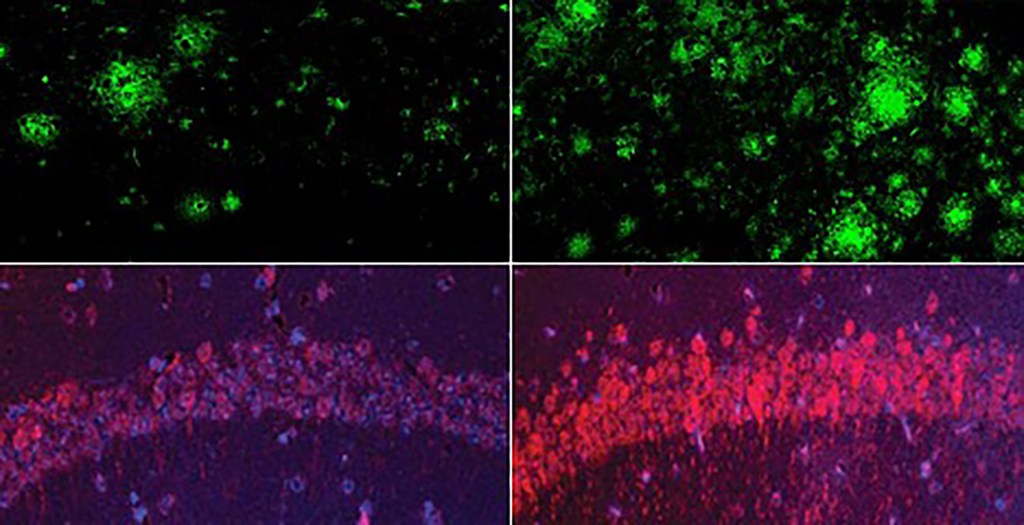
-
Is dirty air driving up dementia rates?
Federal funding cuts halt 3 studies exploring how pollution and heat affect the brain and heart
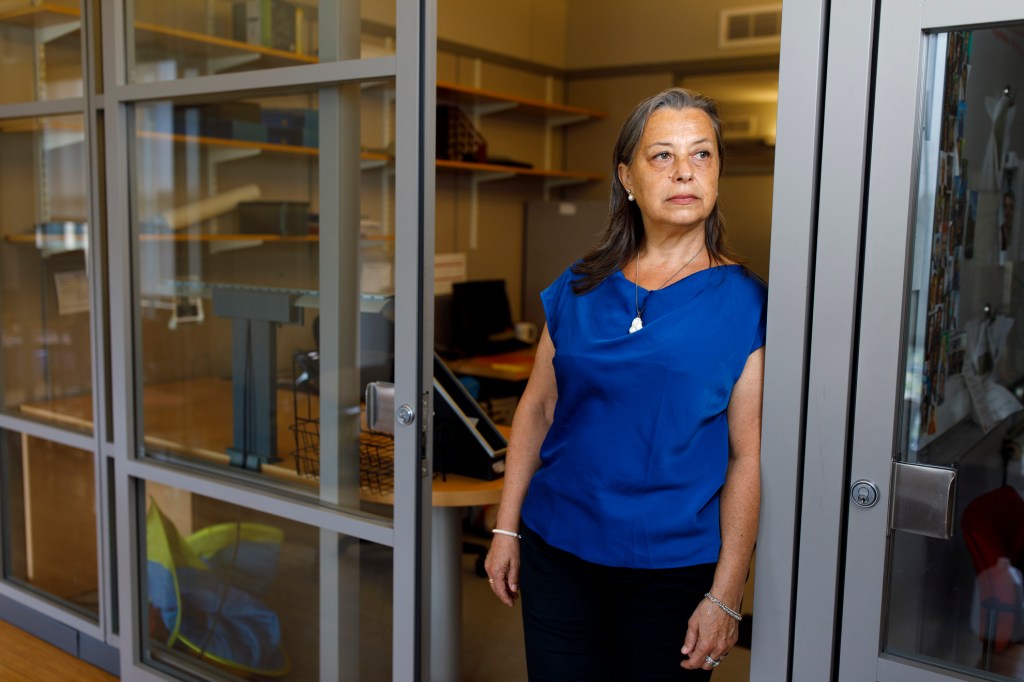
-
Getting to the root of teen distracted driving
7 in 10 young people use cellphones while behind the wheel, finds a new study that also takes a look at why

-
Going to bed earlier may help you hit fitness goals
New study finds link between sleep curfew, higher levels of moderate-to-vigorous physical activity

-
Overlooked climate-change danger: Wildfire smoke
Researchers rush to get hands around multiple serious health risks as blazes mount — and get bigger

-
Road to game-changing cancer treatment
The recent development of cancer immunotherapies marks a turning point in the centuries-old quest to fight cancer by harnessing the power of patients’ own immune systems.
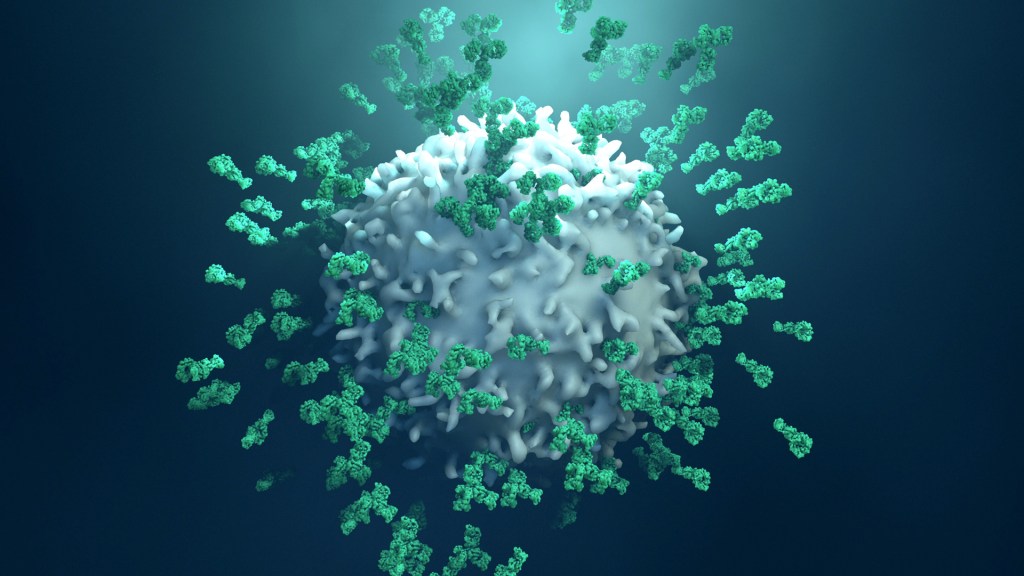
-
‘It’s through research that we can live longer, healthier lives’
Harvard scientists discuss potential impacts of federal funding cuts — from U.S. brain drain to fewer medical breakthroughs
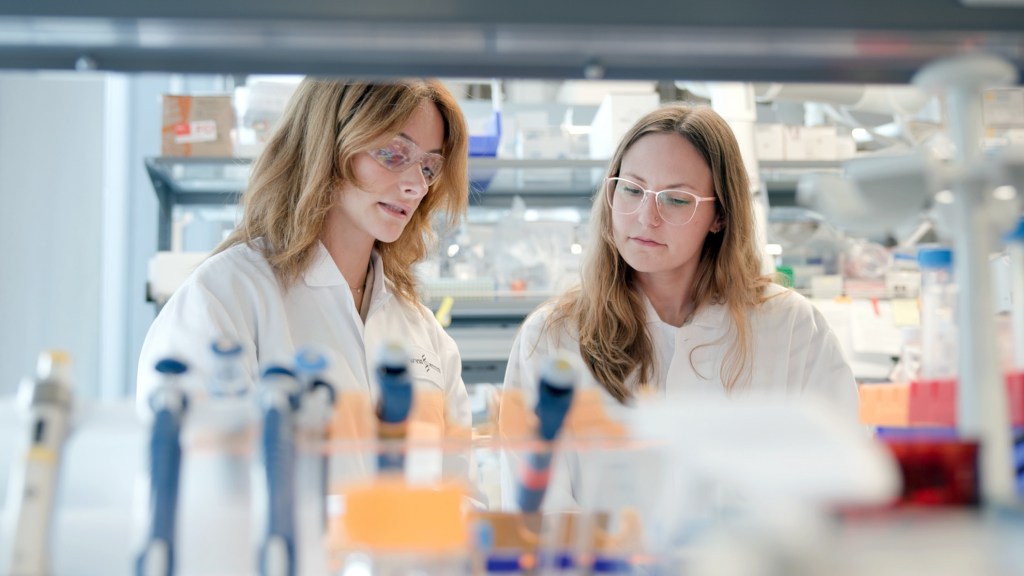
-
‘Miraculous’ treatments for more patients
David Mooney’s team develops immunotherapies that work across many cancer types
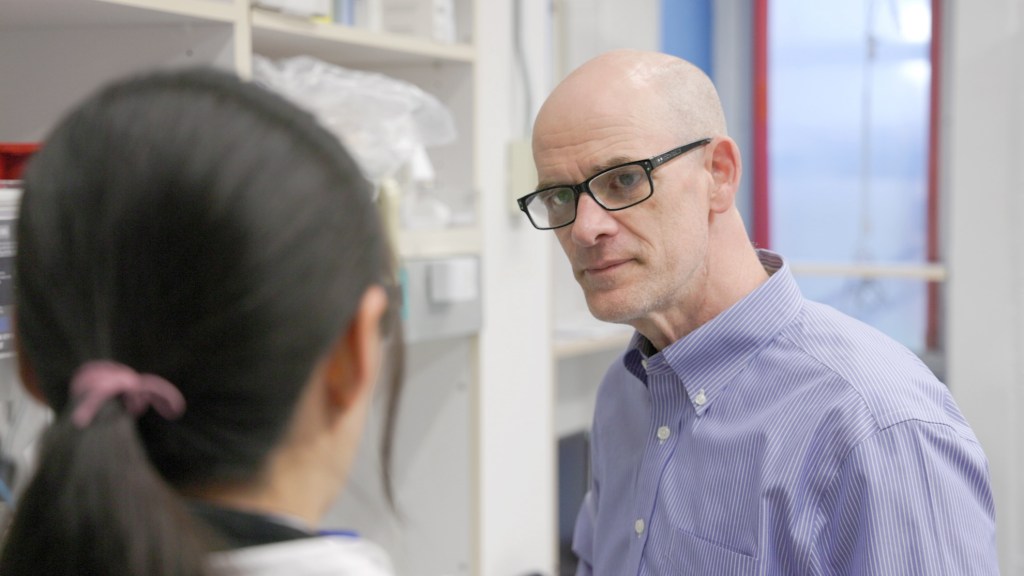
-
Improving cancer care
Nancy Keating’s team uses healthcare data to study access to treatment across populations
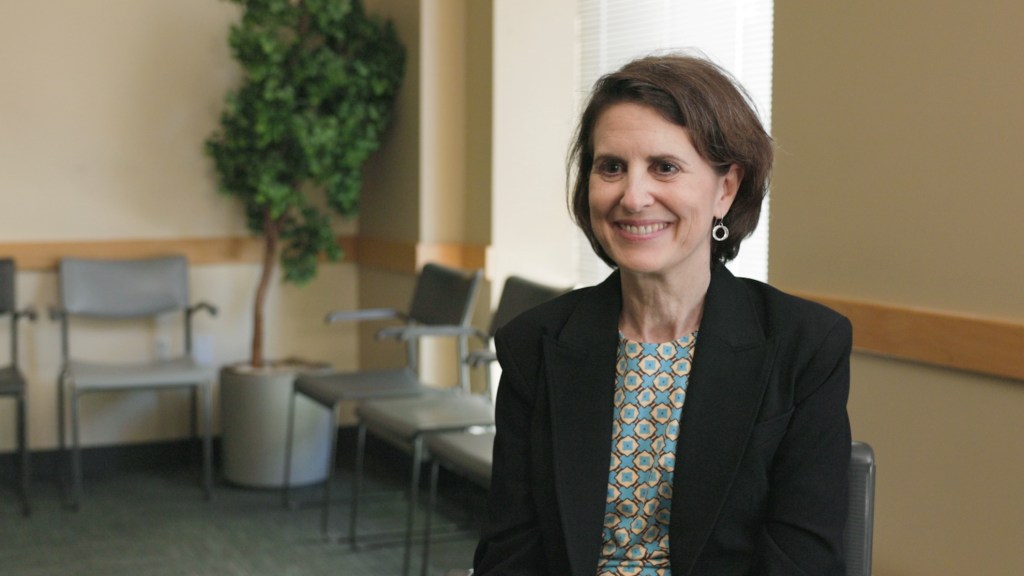
-
Attack of the cells
Duane Wesemann’s lab looks to body’s immune system to understand and treat disorders, allergies
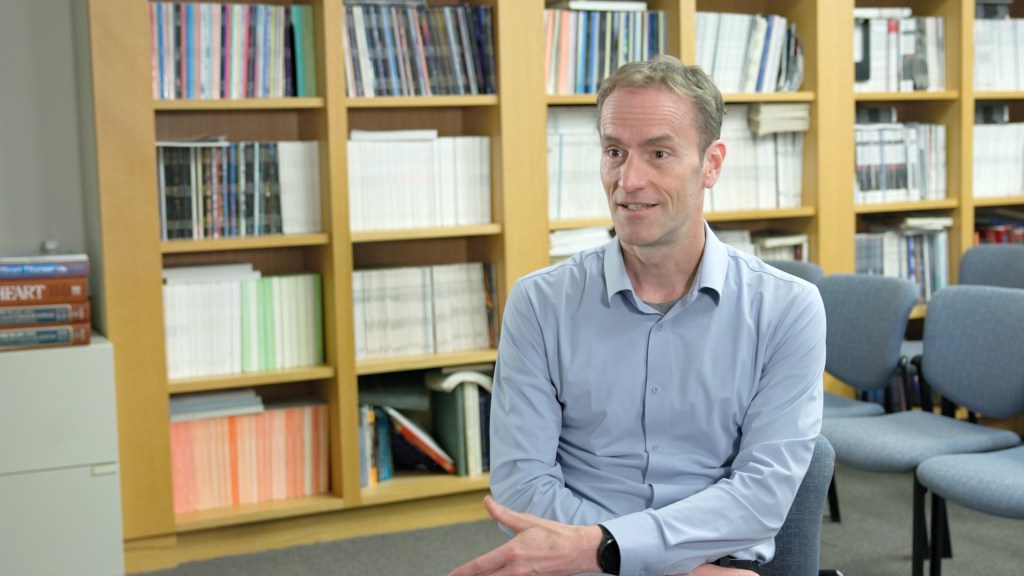
-
Hearing breakthrough
David Corey’s lab closes in on revolutionary interventions to treat hereditary deafness
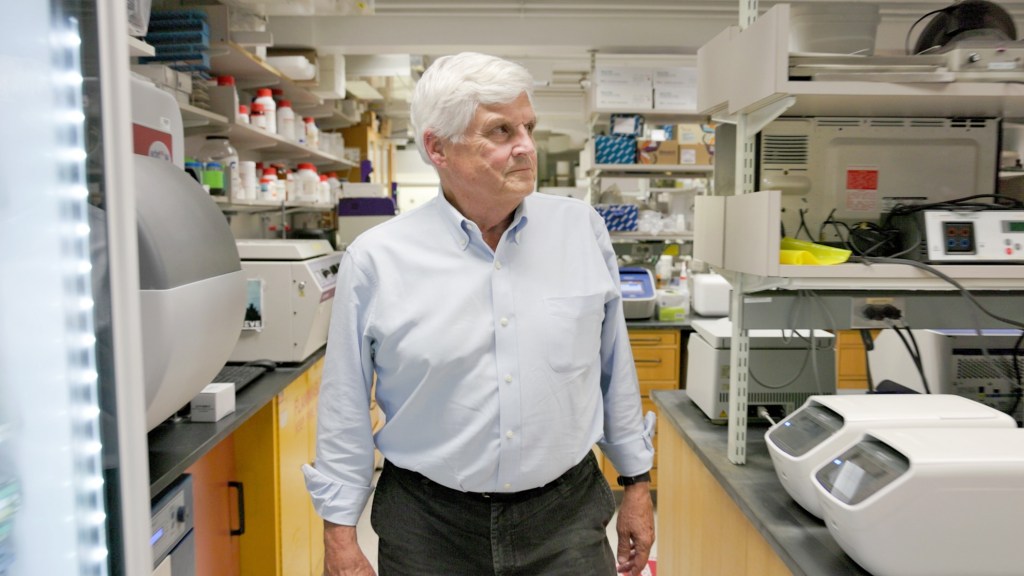
-
HIV resurgence
Epidemiologist Jeff Imai-Eaton warns funding cuts could reverse decades of gains in prevention, care
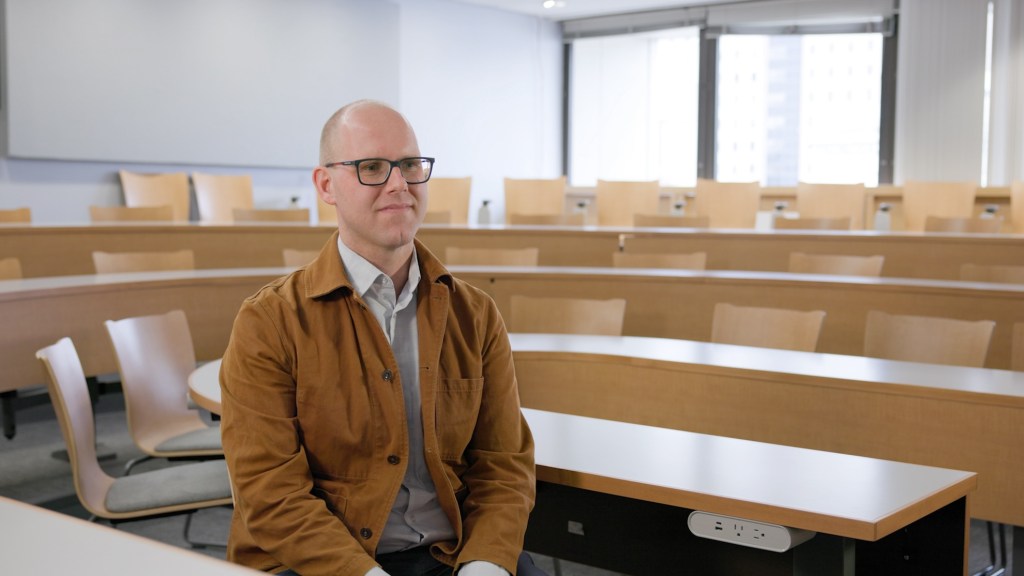
-
‘Have a healthy respect that nature sometimes bites back’
It’s a bad year for ticks. Here are some precautions, and steps to take if you get bitten.
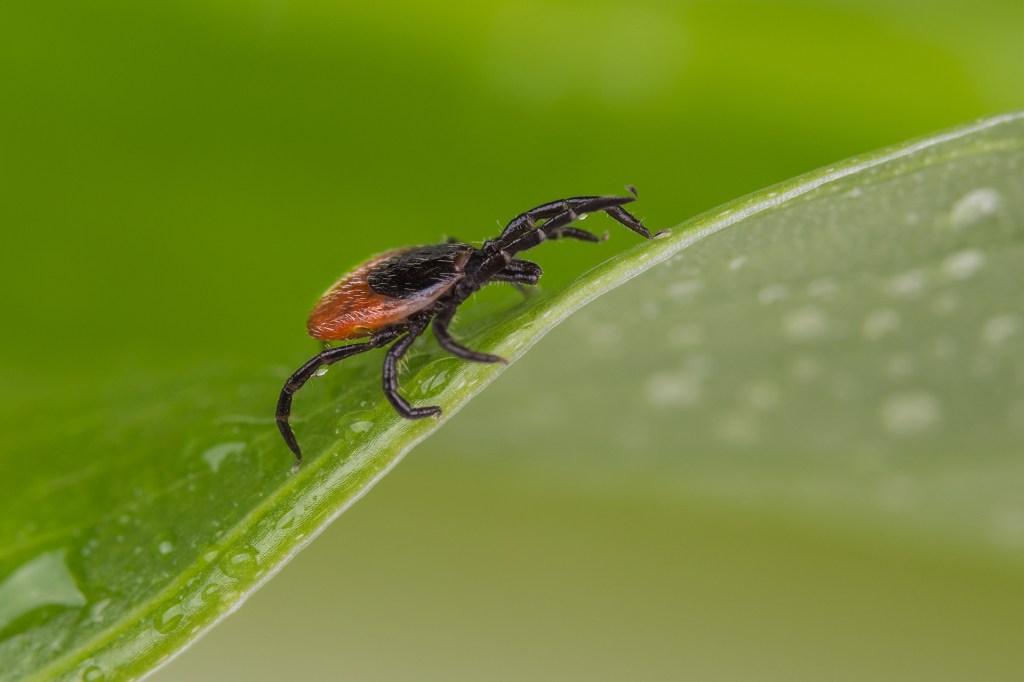
-
Why are women twice as likely to develop Alzheimer’s as men?
Researchers focusing on chromosomes, menopause
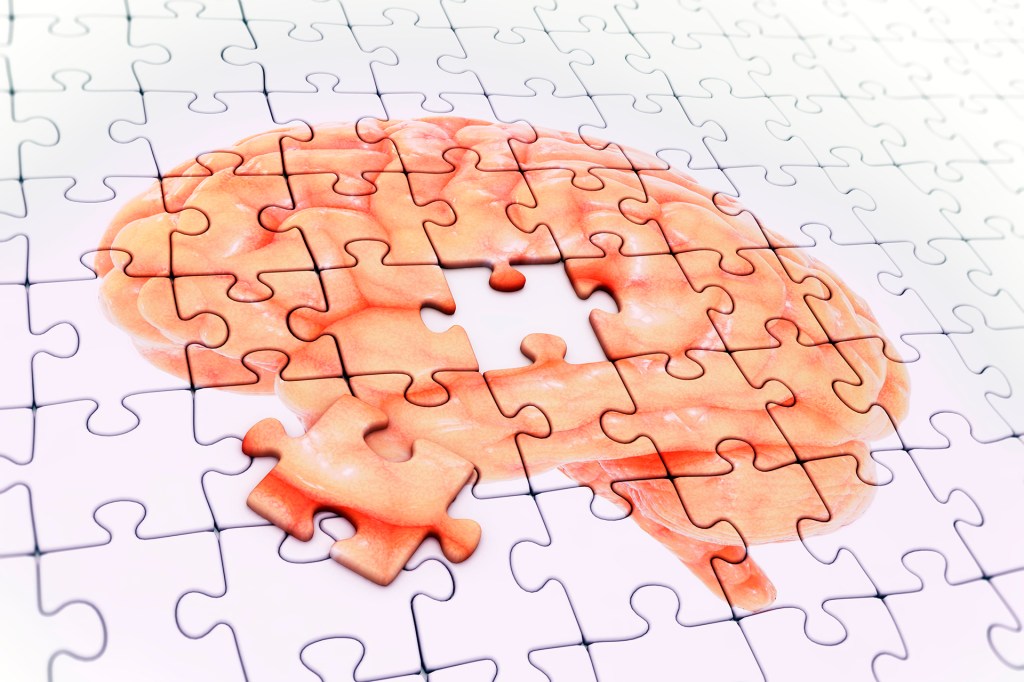
-
Meditation provides calming solace — except when it doesn’t
Researchers find ways to promote altered states of consciousness, reduce risks of distress that affect some

-
Forecasting the next variant
Harvard team fuses biophysics and AI to predict viral threats
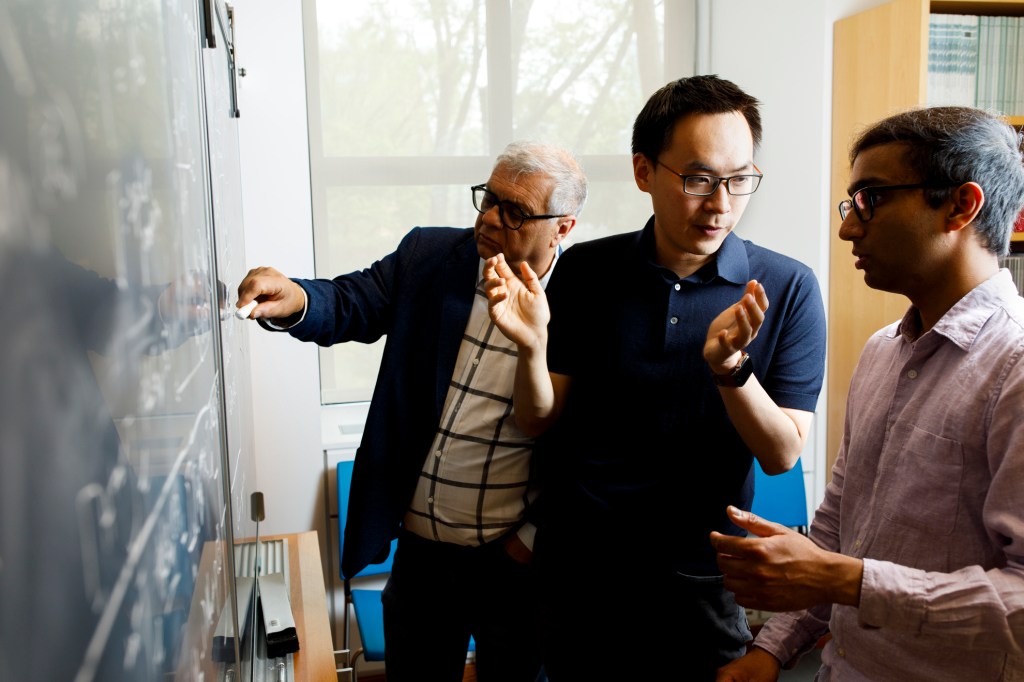
-
Taking the measure of legal pot
Researchers detail what we know about consequences for revenue and health — and what we still need to find out
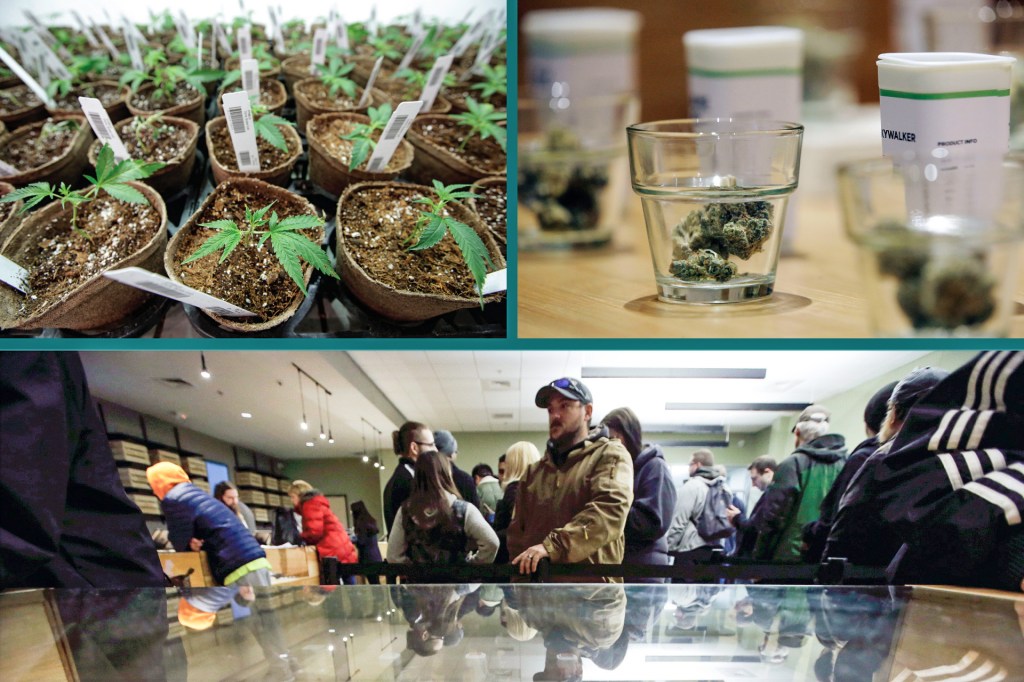
-
Riskier to know — or not to know — you’re predisposed to a disease?
‘DNA isn’t a crystal ball for every kind of illness’ but potential benefits outweigh fears, says geneticist
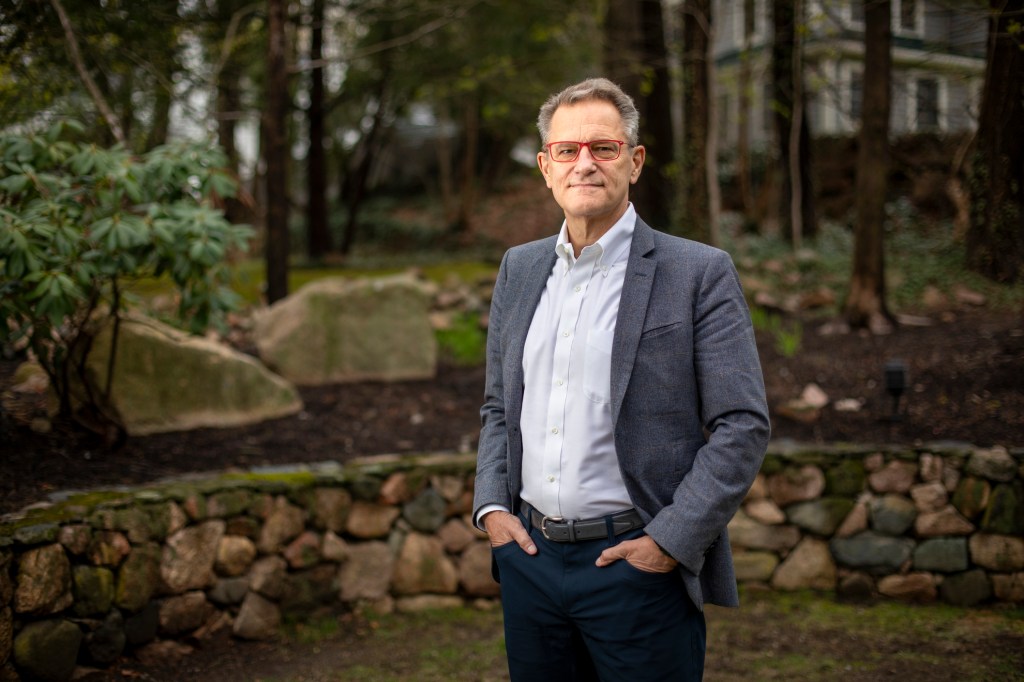
-
As wave of dementia cases looms, Law School looks to preserve elders’ rights
Academic experts seek improvements that could protect decision-making authority and autonomy
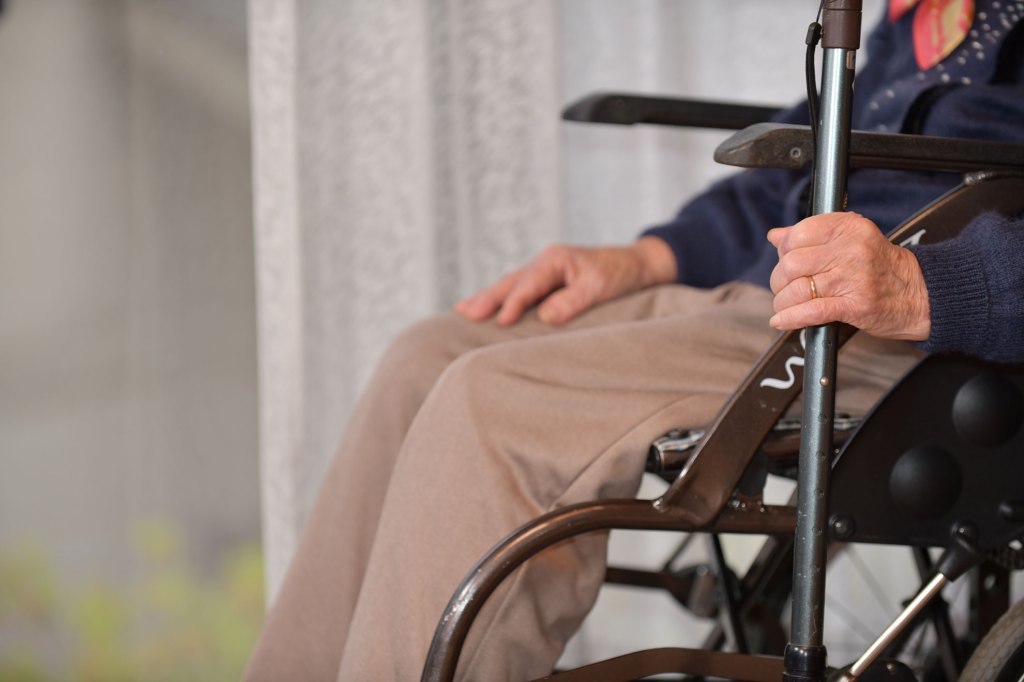
-
Who decides when doctors should retire?
Expert in law, bioethics sees need for cognitive testing amid graying of nation’s physician workforce

-
Unlocking the promise of CAR-T
Research on multiple fronts seeks to expand impact of a cancer therapy that has left patients and doctors awestruck
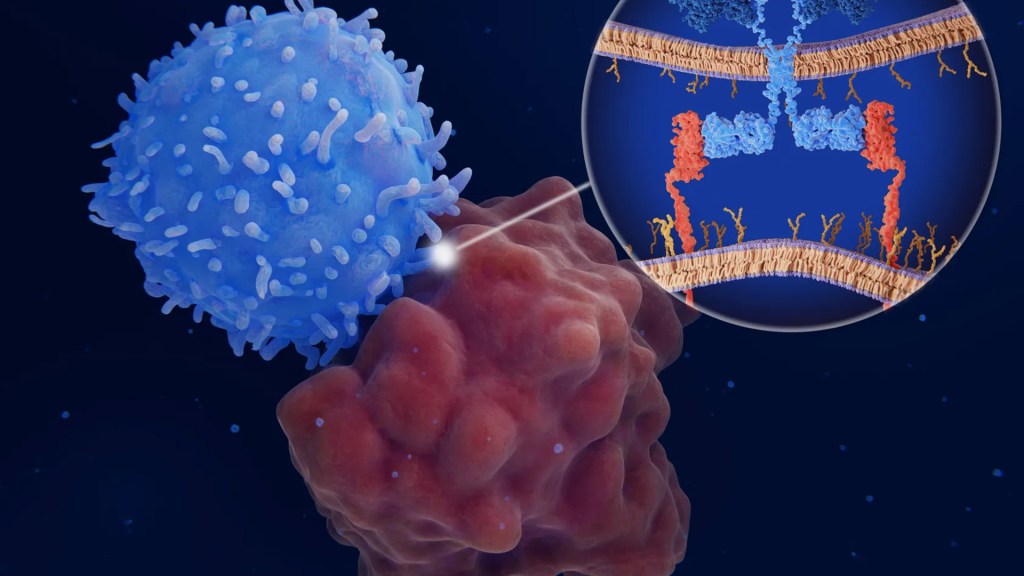
-
An exercise drug?
Researchers hope to harness the cognitive benefits of a workout for Alzheimer’s patients with mobility issues
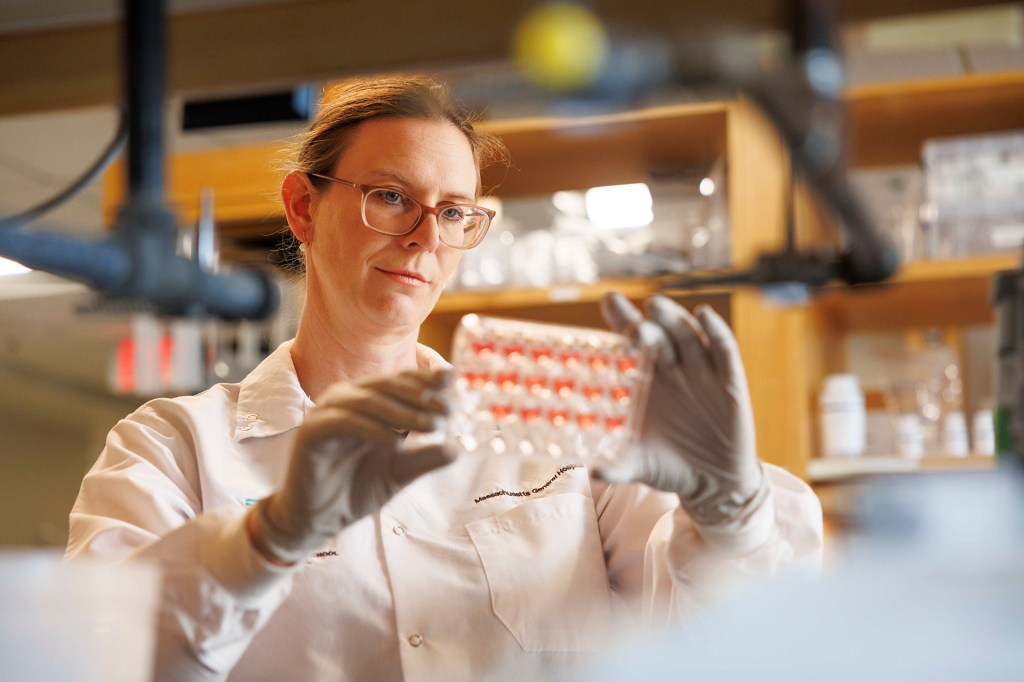
-
What Americans say about loneliness
Quiz digs into data on major public health concern

-
Got emotional wellness app? It may be doing more harm than good.
Study sees mental health risks, suggests regulators take closer look as popularity rises amid national epidemic of loneliness, isolation
